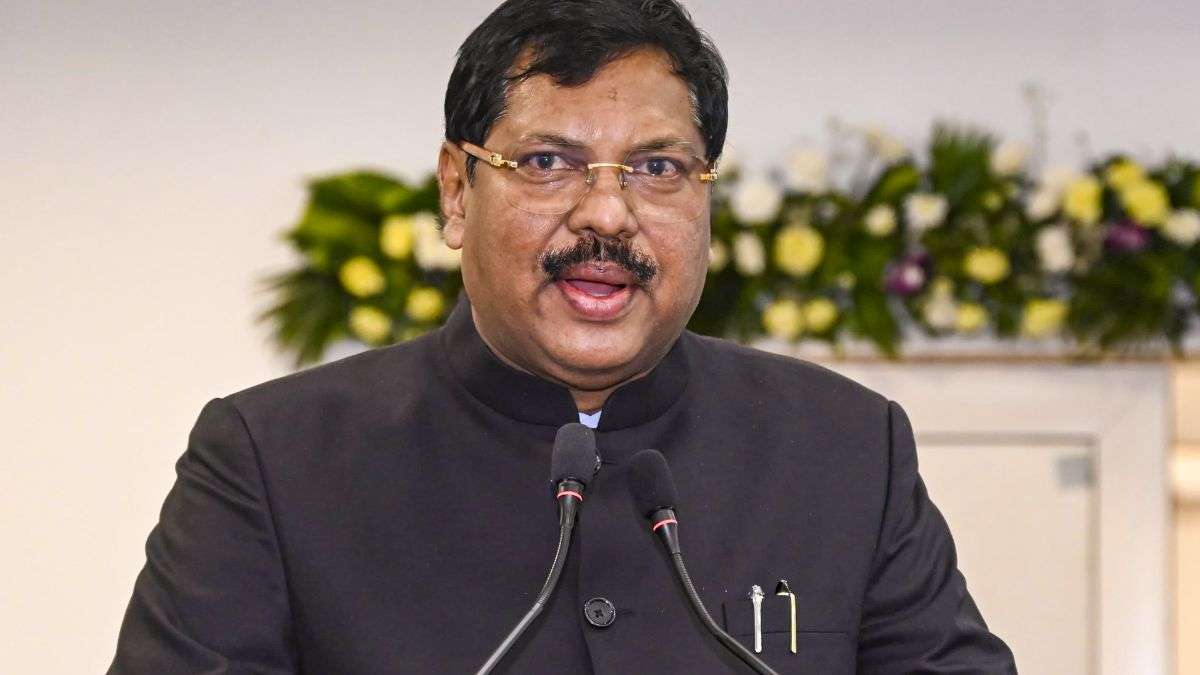New Delhi: Supreme Court Chief Justice BR Gavai has expressed concern over accepting government posts or contesting elections immediately after the judges. He said that such practices raise serious moral questions. Not only this, people have less confidence in the judiciary. Chief Justice BR Gawai said this in a round table in the Supreme Court of the United Kingdom. He said that such practices can make such a perception that judicial decisions were affected by the expectations of future political or government benefits.
Why do serious moral questions arise?
Chief Justice of India (CJI) BR Gavai has expressed concern over accepting government posts soon after retirement by judges, he said that such practices raise serious moral questions and reduce public confidence in the judiciary. Speaking in a round table discussion in the Supreme Court of the United Kingdom, CJI Gavai said that after retirement, such busyness could make the perception that judicial decisions were affected by the expectations of future political or government roles.
Doubt on the freedom and fairness of the judiciary
CJI Gawai said: “If a judge takes any other appointment with the government immediately after retiring, or resigns from the bench to contest the election, it gives rise to important moral concerns and invites public investigation. A judge contests the election for a political office can cause doubts about the freedom and fairness of the judiciary, as it can be seen as an attempt to take the right to the government. The time and nature of such busyness after retirement can weaken public confidence in the honesty of the judiciary, as it can make the perception that the judicial decisions were affected by the future appointments of the future or the possibility of political participation. “
Entrepreneurship
CJI Gawai said that in view of these concerns, he and many of his colleagues vowed that they would not accept any position or political role after retirement. He said “This commitment is an attempt to maintain the reliability and freedom of the judiciary.” His speech CJI Gawai emphasized that the judiciary should not only provide justice, but it should also be seen as an institution that deserves to put the truth in front of power. The judiciary acquires its validity from the public confidence, which should be earned by maintaining constitutional values with freedom, integrity and impartiality.
Judges should be free from external control
The solution to the flaws of the collegium system should not come at the cost of judicial freedom, the separation of the powers envisaged by Article 50 of the Constitution of India and an independent appointment process are important ideas in the public perception of judicial freedom. CJI Gawai explained in detail about the collegium system. Accepting that the collegium system is not devoid of criticism, he emphasized that the solution should not come to the cost of judicial freedom. They said. “The collegium system may be criticized, but no solution should come at the cost of judicial freedom. The judges should be free from external control.”


Leave a Comment